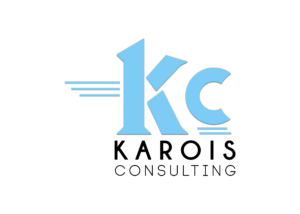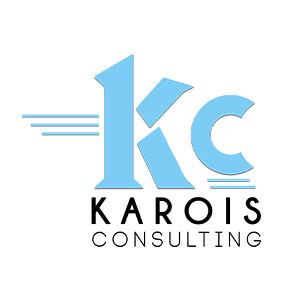As a project professional I am reading a lot of articles on how AI will change project management tasks and functions with a focus on the tools that support the routine project activities. I am a big fan of tech innovation; how can we take another look at the context and assess the true impact of AI on management projects. The most important resource on any project is “people” so I am asking the question, “ how AI affects the Team and what is the net impact on project efficiency and effectiveness?” There are four areas to look at in considering how AI may affect project management; while they are many, I chose to focus on team structure, insights, member responsibility, and communication:
Team structure – depending on the nature or composition of the Team we could see shrinking of team size as employees replaced by AI are moved off the scene. E.g., junior project resource who takes meeting notes, schedules meetings, maintains plans or a legal resource who supported contract development. The impacts of removing an internal project team versus external business subject matter expert (SME) differ. A junior project resource would leave a gap and could be covered by the project manager (assuming availability) for any non-AI covered tasks. A legal support expert replaced by AI might leave the team at a disadvantage as seemingly routine tasks for a legal team are considered complex on a project team. Project team member may be unable to cross-check documents; deploying a senior resource to support a project team may actually end up increasing project/company costs. Will SME’s be spread thin across projects or does AI provide an opportunity to focus on truly unique value-added expertise provided by business SME’s? Whether either approach is beneficial depends on company objectives and goals.
Team insights – a big part of teams is getting insights on not only the subject matter, but the people connected to the initiative both on and off the project team. Understanding individual and team perceptions of players can be helpful to project managers leading diverse teams. How does AI help tease out the why of stakeholder and can it do so as effectively as humans. In my last e.g., of the legal support resource AI might be able to tell us how to improve the contract language and tailor it to the legal teams preference, but could AI help me understand the logic behind it and how that leader has those specific language preferences. Supposing the PM has to communicate to a legal leader for final approval can they leverage the why, not only understanding the approach but also some of the anecdotal backstories that shape how we do things in organizations whether or not they impact project outcome?
Responsibility and accountability of individual members – we have all been in that meeting where the executive or other business lead claims that they made no such statement despite the taking of copious notes by capable project managers, and we watch teams go back and forth on decisions. AI as an objective third party would be great at helping project teams stay a) disciplined, b) committed and c) ensure mostly intended commitments are made. This is sure to bring an end to debates on what was said and not said during meetings bringing increased harmony and possibly faster decision making and progress to the team.
Team Communication and Relationships – most successful projects are facilitated by good team communication. Conversations take place within and outside of meetings on topics that may be very significant or as simple as meeting schedule details can help build meaningful relationships between team members, these bonds end up being critical to team success. Working together cannot be underestimated; does AI make project communications briefer as people reply on bots for basic answers rather than humans or will the quality/depth of conversation improve as the simpler answers are taken over by AI? How important are relationships on your line of work or organization? AI employed should still reinforce the business values, methods, approaches that makes the company tick.
Ultimately the most important ingredients to consider the intangibles; team structure; team insights, team communication, member responsibility and accountability. Consider these factors your team decides how to employ AI tools for more effective project execution.

